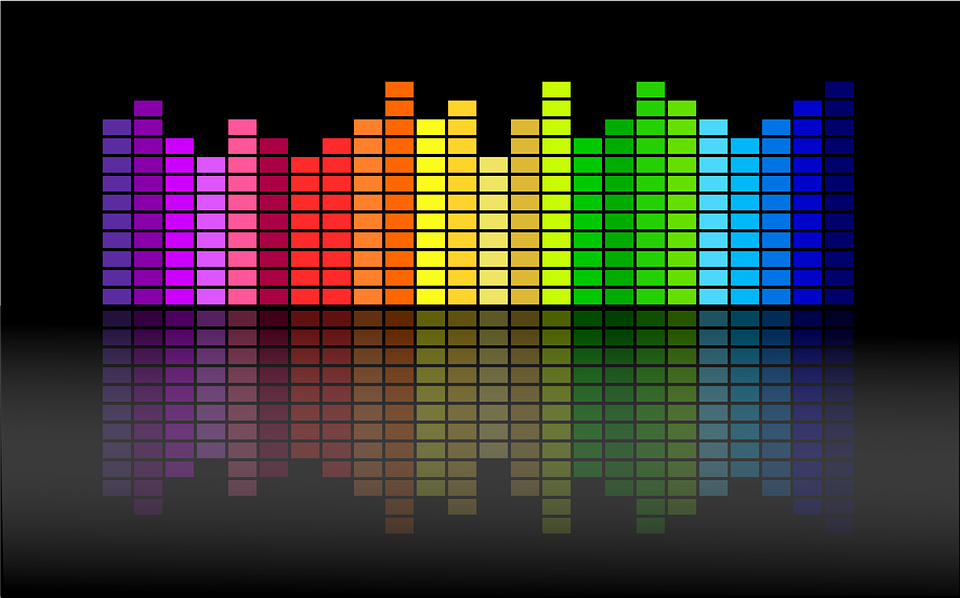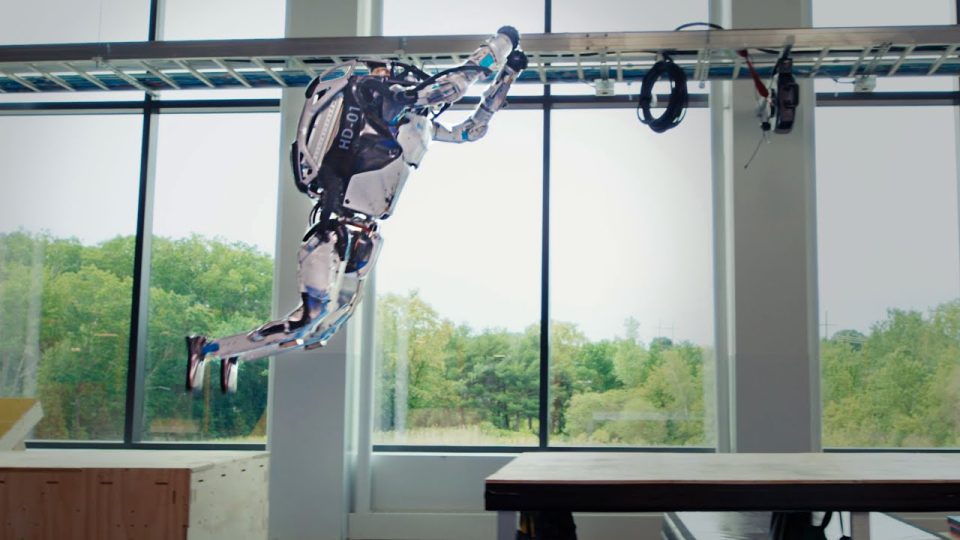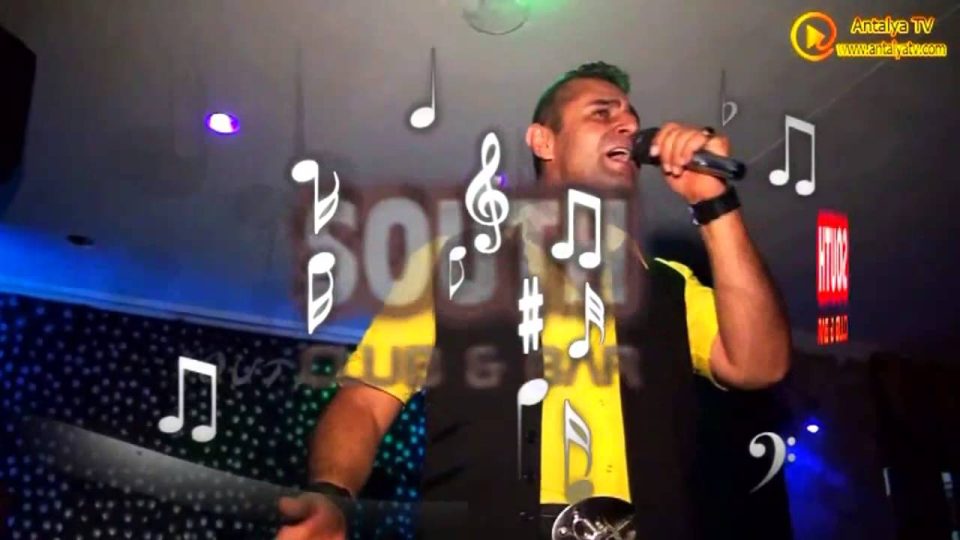1 – The Developing Person Through Childhood and Adolescence: Kathleen Stassen Berger, 2017. This book is a comprehensive introduction to child development, covering topics such as genetics, cognitive development, language acquisition, socialization, and the impact of culture and context on development. It presents up-to-date research and theories in an engaging and accessible way, making it an ideal resource for students and anyone interested in child psychology.
2 – The Whole-Brain Child: Daniel J. Siegel and Tina Payne Bryson, 2011. This book explores how brain development in children affects their behavior and emotions, and provides strategies for parents and caregivers to help children develop better emotional regulation, social skills, and resilience. It uses clear and simple language, along with practical examples and exercises, to help readers apply the concepts in their own lives.
3 – Parenting from the Inside Out: Daniel J. Siegel and Mary Hartzell, 2003. This book provides a deeper understanding of how early childhood experiences shape brain development and emotional functioning, and offers strategies for parents to heal their own emotional wounds and become more effective caregivers. It uses case studies and reflective exercises to help readers explore their own experiences and relationships, and provides practical advice for creating a more secure and nurturing environment for children.
4 – Raising An Emotionally Intelligent Child: John Gottman and Joan Declaire, 1997. This book focuses on the importance of emotional intelligence in child development, and offers practical tools for parents to help their children develop empathy, self-awareness, and effective communication skills. It draws on extensive research and real-life examples to provide clear and actionable advice for parents of children of all ages.
5 – Theories of Childhood: Carol Garhart Mooney, 2013. This book provides an overview of the major theories of child development, including behaviorism, cognitive development, and social learning theory. It examines the strengths and weaknesses of each theory, and explores how they have influenced our understanding of child psychology and education. It also includes practical tips for applying these theories in the classroom or at home.
6 – The Child in Time: Ian McEwan, 1987. This novel explores the psychological impact of losing a child, as well as the challenges of parenting and coping with trauma. It follows the story of a writer who loses his daughter in a supermarket, and his subsequent struggles to come to terms with the loss and rebuild his life. It offers a poignant and insightful exploration of grief, love, and resilience.
7 – NurtureShock: New Thinking About Children: Po Bronson and Ashley Merryman, 2009. This book challenges common assumptions about child development and parenting, and presents new research on topics such as sleep, lying, race, and praise. It offers practical advice for parents and educators, and encourages readers to rethink their beliefs and practices in light of the latest scientific evidence.
8 – Play Therapy: Virginia M. Axline, 1989. This book is a classic introduction to the theory and practice of play therapy, a form of psychotherapy that uses play to help children express themselves and work through emotional and behavioral issues. It provides detailed case studies and practical guidance for therapists, and is also a valuable resource for parents and educators who want to understand how play can promote healing and growth in children.
9 – Children’s Dreams: C. G. Jung, 2008. This book is a collection of essays by the Swiss psychologist Carl Jung, exploring the meaning and symbolism of children’s dreams. It offers insights into the inner world of children, and provides a fascinating glimpse into Jung’s own approach to dream analysis and psychotherapy. It is written in Jung’s characteristic style, blending personal anecdotes, clinical insights, and theoretical reflections, and is a valuable resource for anyone interested in the psychology of dreams and the inner lives of children.
10 – Mindset: The New Psychology of Success: Carol S. Dweck, 2006. This book explores the concept of “mindset,” or the beliefs and attitudes that shape our approach to learning and achievement. It argues that a “growth mindset,” which sees intelligence and ability as malleable and develops a love of learning, can lead to greater success and resilience in life, while a “fixed mindset,” which sees intelligence and ability as fixed traits, can limit our potential and lead to negative self-talk and avoidance of challenges. It provides practical advice for developing a growth mindset, and is a valuable resource for parents, educators, and anyone interested in personal growth and development.

















